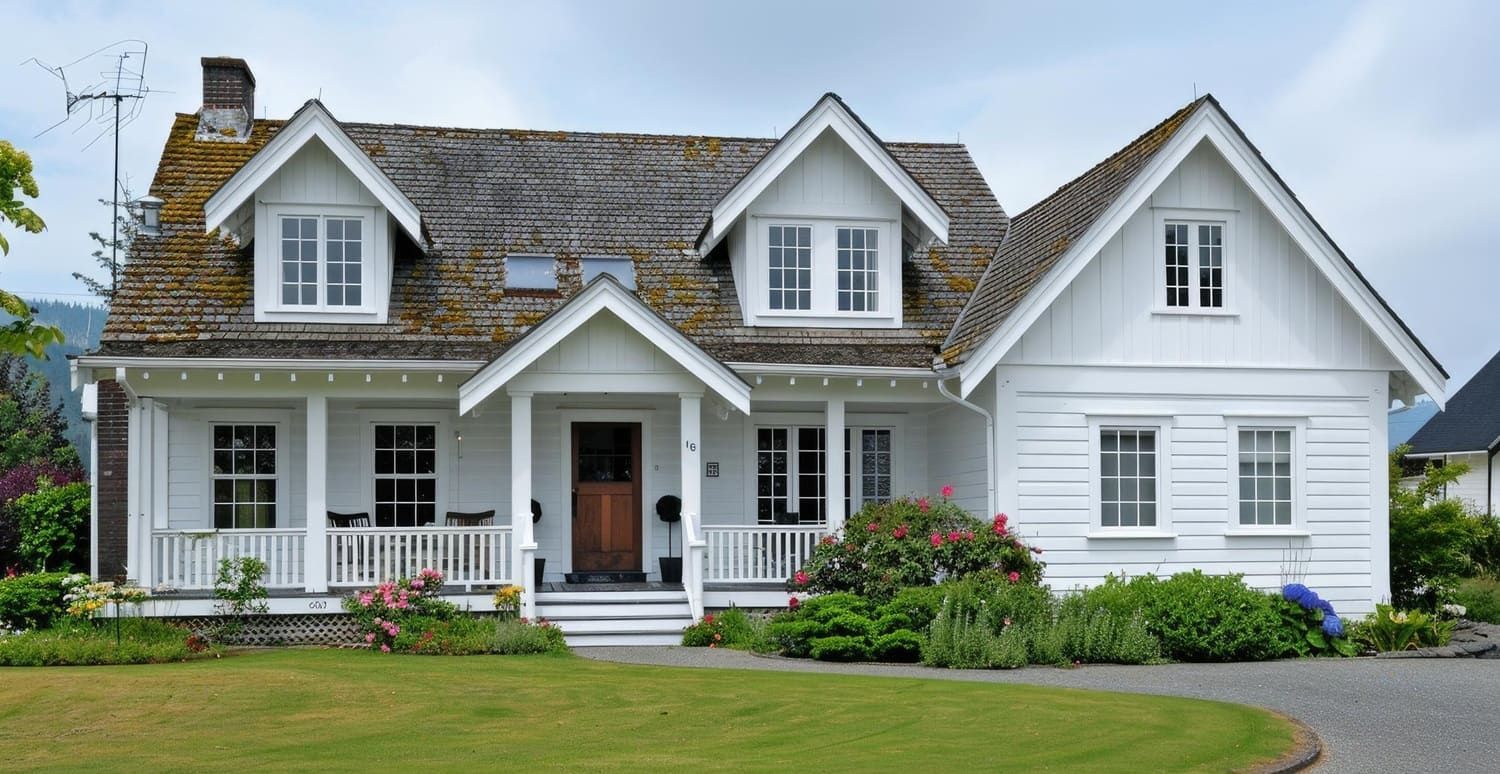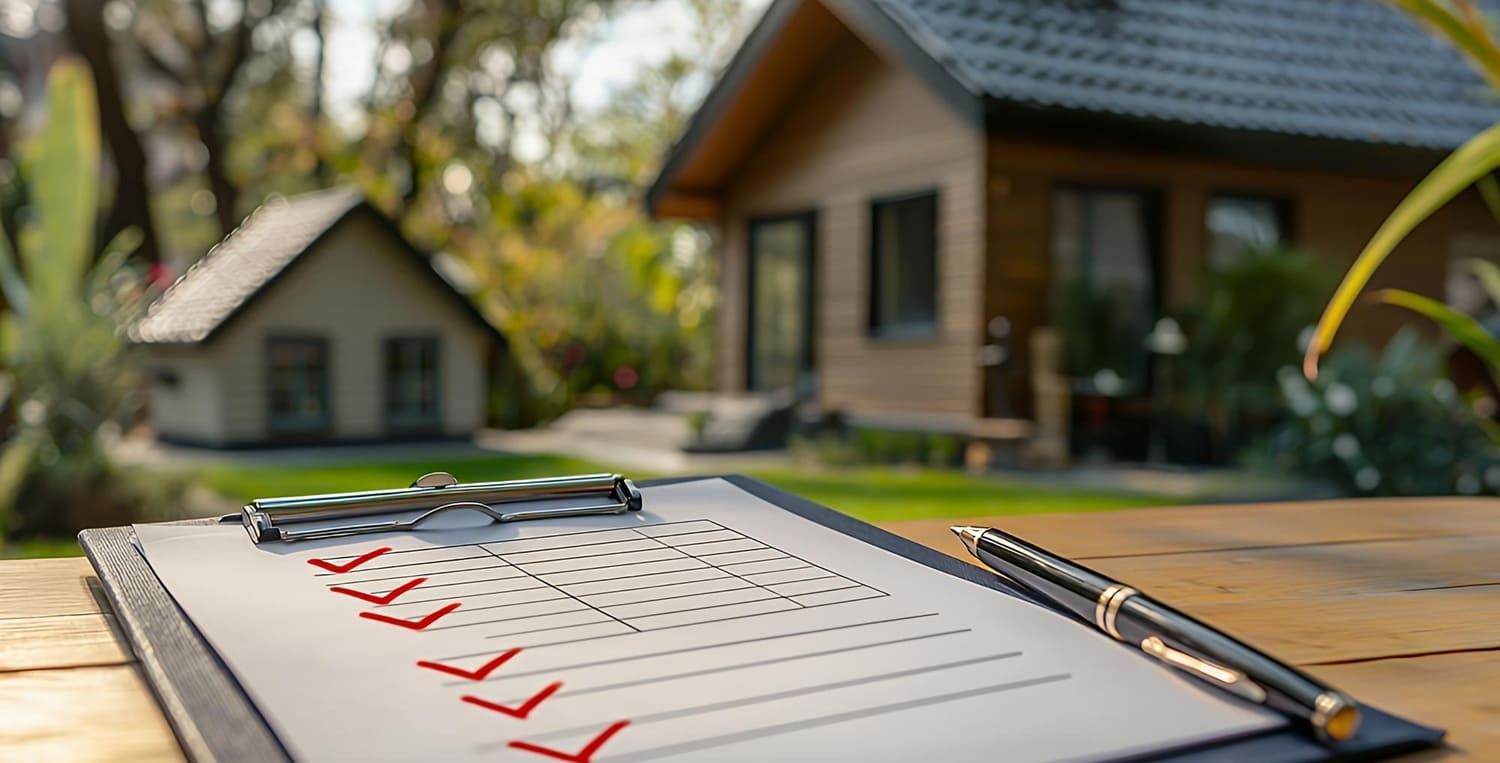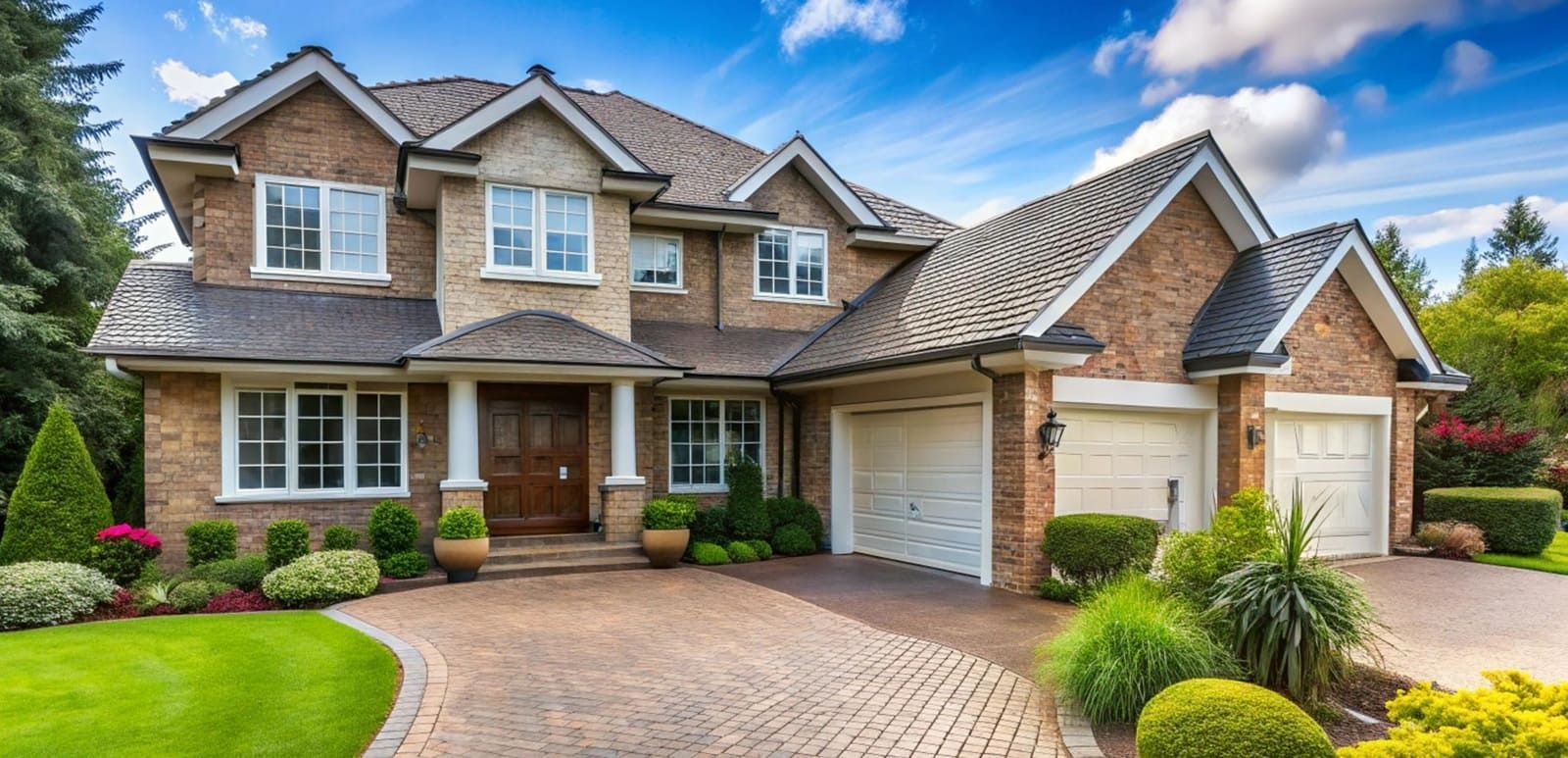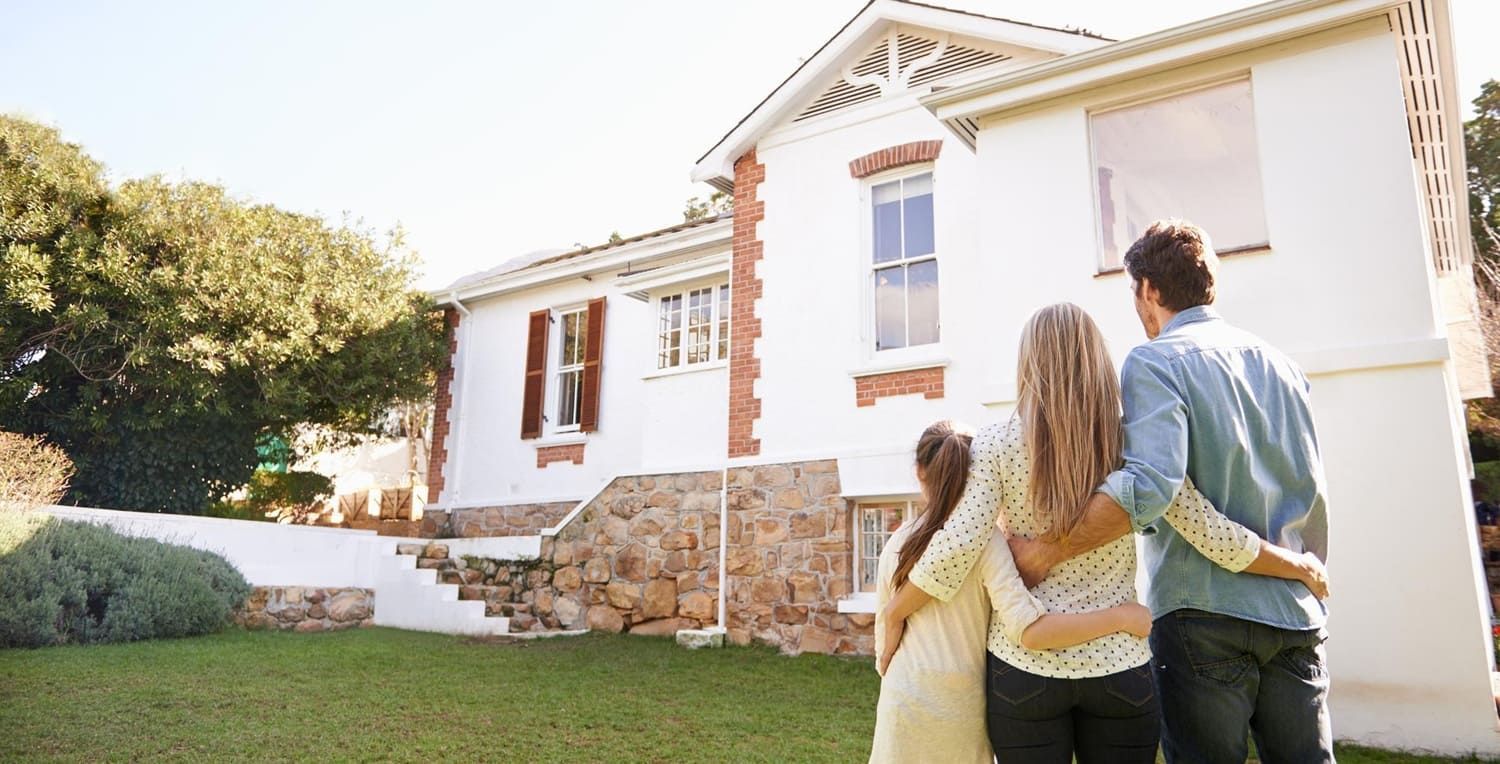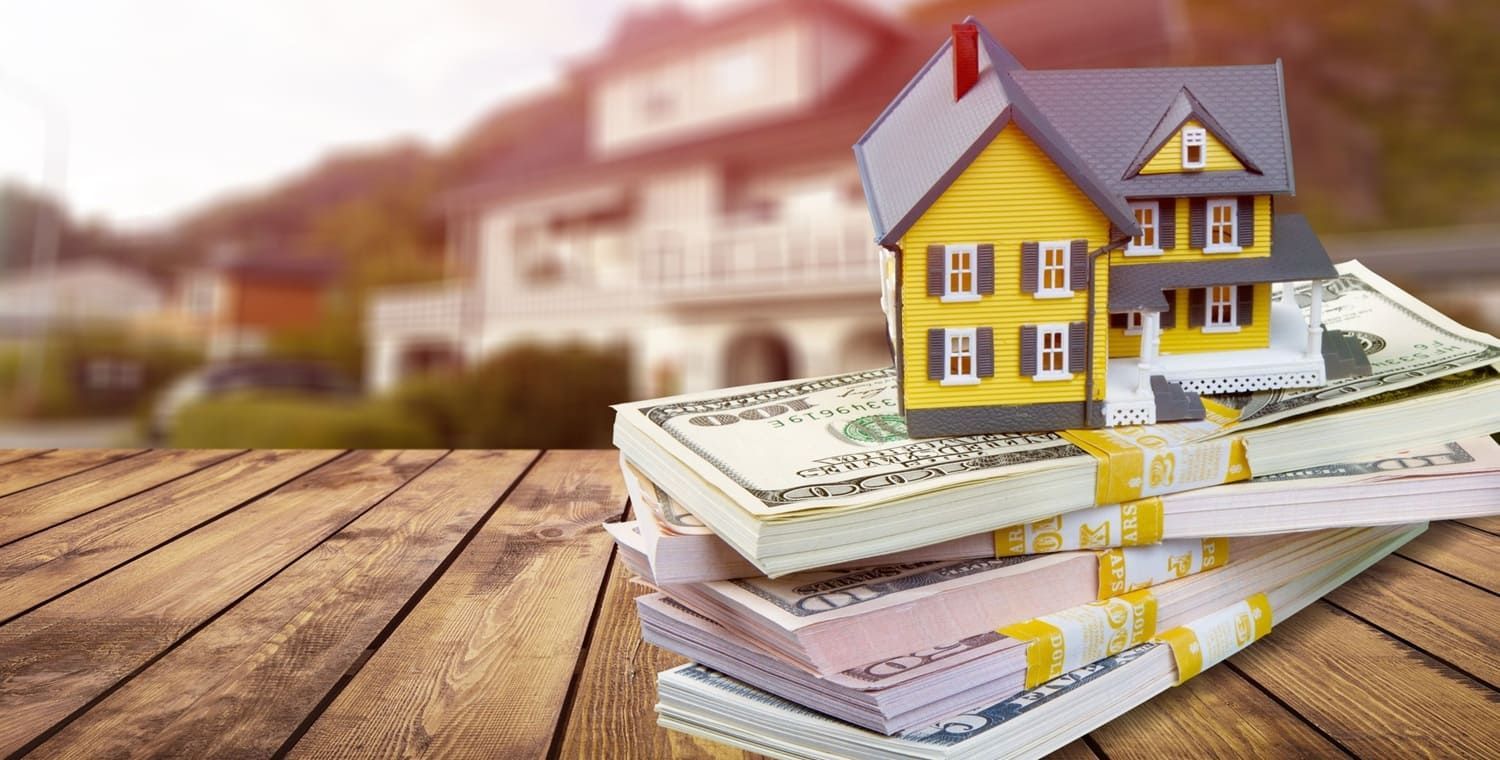Why You Need to Conduct a Rental Property Analysis
A rental analysis is a great way to decide if a property is a right investment for your portfolio. We take a look at these and other rental analysis benefits.

Did you know real estate is one of the safest investments you can make? If you are a property investor or trying to decide if you should rent out your property you need to conduct a rental analysis.
If you don't know what that is, don't worry. In this article, we are going to go over everything you need to know about it.
Numbers to Know
You may have heard of "back of the envelope" or "back of the napkin" calculations. These quick estimates are meant to help you calculate if a rental property is worth purchasing. You want the property you buy to maximize your profit so we'll need to run some numbers.
Net Operating Income (NOI)
To find the net operating income you need to take all your property expenses, not including the mortgage, and subtract it from the rental income. The reason the mortgage isn't included is because some buyers purchase in cash, but we are about to add it in.
Cash Flow
Now you are going to take your rental income and subtract the mortgage payment and the net operating income. The final number is your profit. Keep in mind this doesn't consider any vacancy you might have experienced when you first purchased the property.
Capitalization Rate
The capitalization rate is used to estimate the RoR or rate of return on your property. You are going to take the NOI and divide it by the purchase price.
Key Factors
When conducting your rental analysis the first thing you want to look at it is the neighborhood. Looking at just the city is too broad.
You need to find the key factors that are going to draw renters. Look at the local schools and amenities, and the safety of the neighborhood.
You then want to look at properties in the area and compare them to yours or the one you are looking to buy. This will help you calculate the average rent in the area. You must run comps on properties that are similar in square footage and have a lot of the same features.
Estimate the rent per square footage and then add to that base-priced based on relevant factors such as neighborhood amenities and vacancy rates.
Pros and Cons of Real Estate Investment
There are many great things about renting your property but there is some investment risk. Real Estate does gain value, however, it can take a long time.
Property investment can also provide you with passive income. Your renters are paying your mortgage for you and eventually, you'll make a big profit.
However, before that happens it takes a lot of work. Finding the property is only the first step. Real estate investment also requires money upfront.
Rental Analysis
Purchasing property to use as an investment can be financially rewarding but you shouldn't buy the first house you see for sale and expect to make a profit. You must run a rental analysis to see if the property is worth your time and money. Contact us if you have questions or if you're ready to get started building your real estate portfolio. Susie Martindale Group can help you.

